When an apology isn't enough
Sometimes saying you're sorry just isn’t enough. You may be forgiven, but the memory is not forgotten and it takes time to heal.
Recently my husband did something that really hurt my feelings and made me feel disrespected. It wasn’t just a minor thing; it was something that went on for a few weeks. Eventually he understood that what he did was wrong and it was hurting me so he apologized in a very meaningful way. (you can read my article on how to apologize here) After the apology that was that, time to move on. I forgave him, but I was still hurt. Usually I am very good at forgiving and just moving on, I don’t dwell on things very long. But this time I just couldn’t seem to get over it. I still had lingering feelings about it and even though he apologized, I wasn’t convinced he really knew the depth of the hurt he caused.
I decided to tell him I was having a hard time getting over it and thought he didn’t really understand the severity of the problem. As soon as I told him, he immediately got defensive and spent the next 2 days very angry with me. In the past this was a huge issue in our marriage. Whenever I brought something up and he felt attacked or controlled he would get extremely angry, which led me to not bring up issues. I thought we had moved past that behavior so I was surprised when he got so angry. It brought up all kinds of emotions for me related to his past behavior and treatment of me.
In the past I would let things go because it wasn’t worth the fight, but I am no longer willing to settle for a mediocre marriage so I really felt like we needed to work this out. I was willing to go through the fight to get the understanding we needed.
What came out in the end was that my husband felt like he did a really good job apologizing and he did a good job as a husband with his apology. He was proud of himself for handling it well. (He did handle the apology well) When I told him I was still upset, he took it as me reprimanding him and telling him he failed. He thought if he apologized it should just be over. I tried explaining to him that I wasn’t reprimanding him, I just needed to talk about it more. He still wasn’t understanding what I was saying so I came up with this analogy:
Let’s say you broke my hand on accident. You didn’t mean to but you accidentally slammed it in the car door and broke it. You felt horrible and apologized. I forgave you and believed you were really sorry

and wouldn’t do it again. However, my hand is still broken. It hurts. It’s going to take time to heal. When I tell you it hurts I don’t want you to get angry because it hurts, I want you to ask me what you can do to ease the pain or to help. It may be fine for 2 days, and then “Bam” the pain is back. I should be able to come to you anytime and tell you my hand hurts and you should be understanding, not mad. Eventually my hand will heal. I’m not shaming you every time it hurts, I’m just telling you it hurts so you can comfort me. If you feel bad, that’s a normal feeling to have as you deal with a consequence of a mistake. I’m not trying to make you feel bad, I'm just sharing my pain with you. I also may be jumpy every time I hear a car door slam. That’s not intentional to make you feel bad, it’s a normal consequence of what happened.
This analogy really seemed to help him understand what I was feeling. For a few days after our conversation he would ask me “is your hand hurting?” That seemed to be easier to ask than to bring up the problem again. I knew he was acknowledging I may still be in pain and he wasn't upset or taking it personal anymore. He realized I just needed time to heal.
I started thinking how useful this analogy would be in a cheating situation. I have coached a few people who have been cheated on and it seems to be a common problem for the offending spouse to just want to move on. They feel like they are being shamed every time it's brought up. If somehow they could see it like a broken hand they may be able to see it from a different perspective. Every time a car door slams (trigger) it brings up a memory and an emotion the person with the broken hand has little control over. The reaction is not meant to shame, it’s just a normal reaction that should be met with understanding and love. (Such as asking if their hand is still hurting) The reaction will lessen over time, each time the door slams and it doesn’t break their hand, it makes the reaction less strong. But it takes time and patience, often much longer and much more patience than the offender feels is necessary. But if they realize it’s not a personal attack and just a normal reaction it may help them see it from a different perspective.

